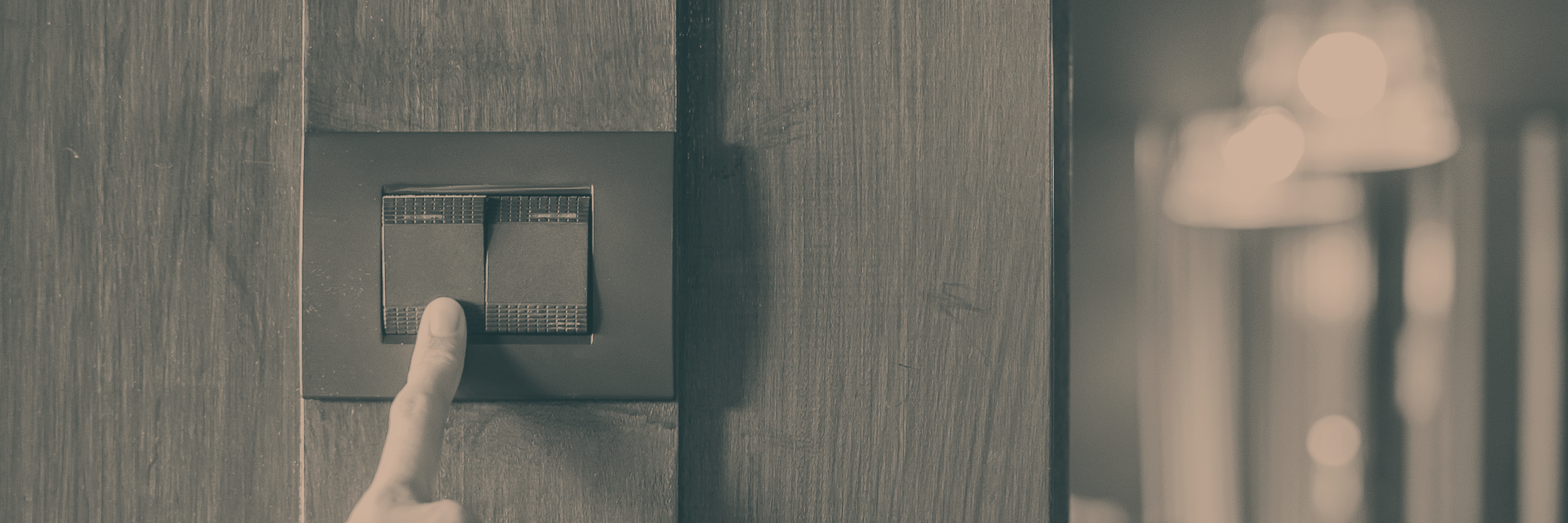Has your teenager outgrown having a “lights-out” time? In a word, “no.”
Of course, as your kid starts becoming an adult, it might seem “not cool” to set bedtime guidelines. But, let’s face it, most of us have given up on being a “cool” parent some time ago.
Here’s why you should care about your 15-year-old’s bedtime routines:
When your kid is between the ages of 12 and 17, their stress level is higher than ever before. School is harder, and life is tougher. They start to feel some of the pressure that comes with growing up and being self-sufficient.
It’s during this time that the risk for depression begins to skyrocket. These days, the risk of depression in adolescence in the US is well over 12%. At 15 and 16, the risk is highest–a whopping 16%.
As you might imagine, scientists are scrambling to find ways to reduce these numbers. And one of the most basic of their findings relates to–you guessed it–bedtime.
Kids who don’t get enough restful sleep at night are at much higher risk for depression.
[tweet_box design=”box_16_at” author=”Jonathan Hoover”]Kids who don’t get enough sleep at are at much higher risk for depression.[/tweet_box]
Here’s the problem–kids are getting less sleep than ever before.
There’s two reasons why teenagers are getting much less sleep than ever before:
1. Parents are more likely than ever to let their teenagers set their own bedtimes.
It’s only natural; part of parenting is giving kids more freedom as they get older.
But freedom comes with responsibility, and sometimes we forget to communicate that. It’s important to let teenagers learn to make healthy choices as they get older. But parents should still monitor those choices and intervene if necessary.
[tweet_box design=”box_16_at” author=”Jonathan Hoover”]We need to remind our kids that freedom comes with responsibility.[/tweet_box]
If your child does a great job at getting 8 hours of sleep every night, then they might not need you to set a bedtime. But a lot of kids aren’t getting 8 hours of sleep each night. Not even close.
I know… the whole “My roof, my rules.” thing is outdated. But go ahead and be out of style. You’ll teach your kid a crucial real-world lesson about authority. It will prepare them for the landlord who says: “My apartment building, my rules.” And, it will prepare them for the boss that says, “My company, my rules.”
2. Technology and Entertainment are More Accessible than Ever
The more television a teenager watches, the more likely they are to become depressed. That’s old research. We’ve known that for a while. We also know that if a kid watches TV right before bed, it messes with their sleep quality. And six or seven years ago, the thing keeping kids up after bedtime was usually TV. And that was bad enough.
But then came the smartphone.
Now, kids can watch shows, text or call friends, or hang out on social media while lying in bed.
And even if they manage to get to sleep, all it often takes is one post, text, or call to wake them back up.
By the way:
I’m not an advocate of giving teens smartphones for several reasons. Actually, I’m not an advocate of giving kids phones regardless. My opinion (soapbox moment here) is that if a parent is allowing a kid to use a phone on their plan, then the phone still belongs to the parent.
When they get old enough to have a job and pay for their own phone, then it can be their phone.
This is one of the big reasons I’m really not a fan of handing a teenager a smartphone and saying “it’s yours.” A smartphone in their room at night is too much of an entertainment temptation. It’s a reason to stay awake. And lost sleep means taking too many risks.
So, before you can really expect your kid to get restful sleep, the television and the phone need to be off, or out of the room.
The bottom line here is that a “lights-out” time for a teenager is still a good thing. And by lights out, I mean no television, no phone, no laptop, and no video games. And it needs to be early enough for your teen to get 8 hours of restful sleep.
The more responsible your kid tends to be, the more you can involve them in the decision making process. And don’t forget to tell your kid why this is so important.
Remind them that good sleep helps them feel less stressed and more alert during the day. Remind them that it’s something they can do to improve their grades that doesn’t even involve studying. And let them know that getting good sleep is crucial to their ability to be emotionally healthy.
And while you’re at it, you might even think about setting a “lights-out” time for yourself… But that’s another post for another day.
Primack, B. A., Swanier, B., Georgiopoulos, A. M., Land, S. R., & Fine, M. J. (2009). Association Between Media Use in Adolescence and Depression in Young Adulthood: A Longitudinal Study. Archives of General Psychiatry, 66(2), 181–188. http://doi.org/10.1001/archgenpsychiatry.2008.532
Lemola, S., Perkinson-Gloor, N., Brand, S., Dewald-Kaufmann, J. F., & Grob, A. (2014). Adolescents’ Electronic Media Use at Night, Sleep Disturbance, and Depressive Symptoms in the Smartphone Age. Journal of Youth and Adolescence, 44(2), 405–418. http://doi.org/10.1007/s10964-014-0176-x

